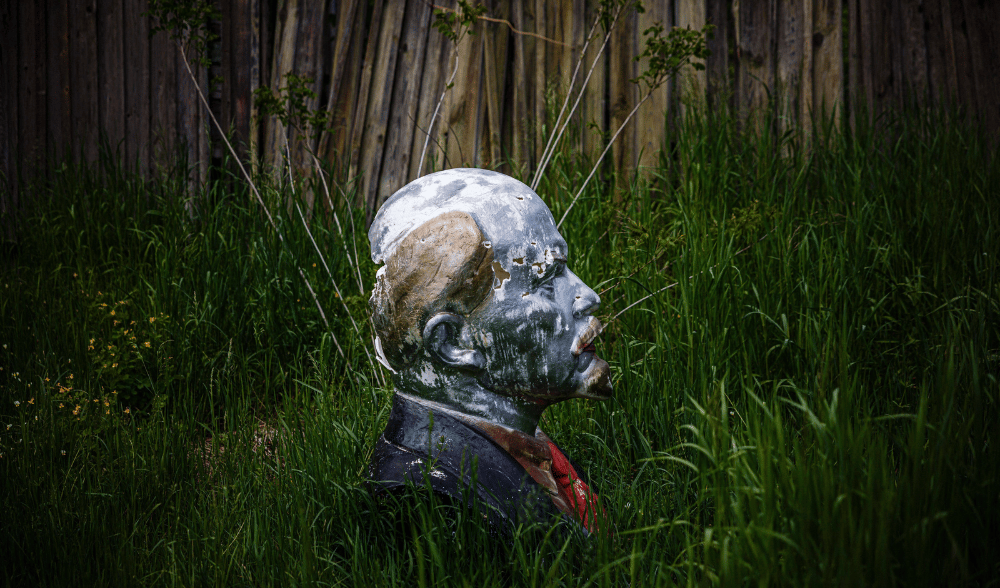CLINICAL PROFESSOR TOM PLATE WRITES – Major participants in the Russia-Ukraine war, whether involved directly or by proxy, lack agreement about when and how it must end. These varying perspectives result in an unseemly policy scrum, adding more confusion to this humanitarian tragedy. This obscene war, despite the many ways it presses hard on our conscience, is developing a second dimension of amoral abstraction.
To be sure, the reality could not be more grim. Europe’s two largest countries are in a bloody war. The Russian army has drawn world opprobrium not simply for the brutal fact of invasion but also for its attacks on areas where civilians are concentrated.
For their part, the Ukrainian armed forces have held their ground better than anticipated; perhaps their fighting spirit has been given special life by the rallying charm of their president. Fans around the world easily imagine future historians likening Volodymyr Zelensky, the Ukrainian president born of Jewish parents, to a second Winston Churchill. By contrast, Russian President Vladimir Putin gets the Darth Vader part, which he fills comfortably.
Still, by moralising, the Russia-Ukraine war offers the narrow absolutism that obviates the need for reason. At this time of great danger – with Covid-19 variants still swirling around – no avenue to a ceasefire should be left unexplored.
A persistent process of entrepreneurial diplomacy is needed. War is not a game; it is deadly. Anger and hatred fuel the feral absolutism of wartime. The longer this war goes on, the greater the risk of an apocalypse.
Certainly, no one can say that the prospect of a nuclear war mushrooming from the current tragedy is inconceivable. On the contrary, it is being thought about with growing intensity. Recall that, early on, Putin pointedly put his country’s nuclear forces on high alert. Can we believe he was merely bluffing?
While Ukraine itself reportedly has no nuclear weapons – Mikhail Gorbachev having arranged their transfer to Russian custody in the aftermath of the collapse of the Soviet empire – its primary patron has plenty in reserve, of course.
The United States (which dropped a pair of atomic bombs in 1945 on then-enemy Japan and remains the only state to ever use them) has nukes stored not only on its sovereign territory but in other places as well; its sole rival in nuclear prowess, quantitatively, is Russia, which has plenty. The showdown over Ukraine is thus particularly precarious, especially if you’re one to fret over the prospect of multiple mushroom clouds.
I am, of course, one of those who fret. A book I wrote more than half a century ago had the title Understanding Doomsday. My own understanding today is as follows: Zelensky and his Ukraine, as well as Russia, the US and Nato, and China, must soon nail down a ceasefire and negotiated settlement that supports global peace and stability; a bitter and seemingly endless war filled with recriminations all over Europe will take the world in an entirely different direction.
One serious, early casualty might well be the nerve-calming Moscow-Washington START agreement that keeps a lid on deployed nuclear warheads. The treaty is not perfect but, over the years, the intensity of the negotiations and the mutual commitment, not to mention the acceptance of on-site verifications of compliance, have demonstrated its importance.
China put together its first nuclear weapon in the 1960s with the help of Russian communist engineering. But, interestingly, Beijing’s last weapons test was back in July 1996, after which it signed on to the Comprehensive Test Ban Treaty, though it has not ratified it (neither has the US, among others).
Even today, it maintains an admirable “no first-use” posture. While a measure of nuclear build-up remains in its plans, except for the occasional Chinese general launching blowhard rhetorical rockets at the US, it doesn’t much boast about its booster rockets or brag about its missiles’ throw-weights.
Because it is geographically close to Ukraine, the current war has Beijing’s full attention, to be sure; but it doesn’t have its enthusiasm. It has not endorsed Moscow’s invasion (or criticised it) or even recognised Russian-occupied Crimea as valid Russian territory.
Yet it probably offers better heavyweight diplomatic access to Putin than almost anyone, and for that reason needs to continue working with its Russian friends on the proposition that more war is unpredictably dangerous; everyone could lose. High-level conversations such as this would surely make a difference. China is important to every state.
The Russia-Ukraine war is not just about Ukraine, or even just about Russia – its impact reaches far and wide, from Europe’s economy and US inflation to poorer nations’ food supplies. It is a war that affects the world though it is not a world war – yet. It is a slow-moving train that will pick up speed the longer it goes on; it must be stopped before we get taken for a runaway ride over the edge.
Clinical Professor Tom Plate, ‘Giants of Asia’ books author, LMU’s Distinguished Scholar of Asian and Pacific Affairs and the Pacific Century Institute’s VP, is a regular contributor to the South China Morning Post columns page.

